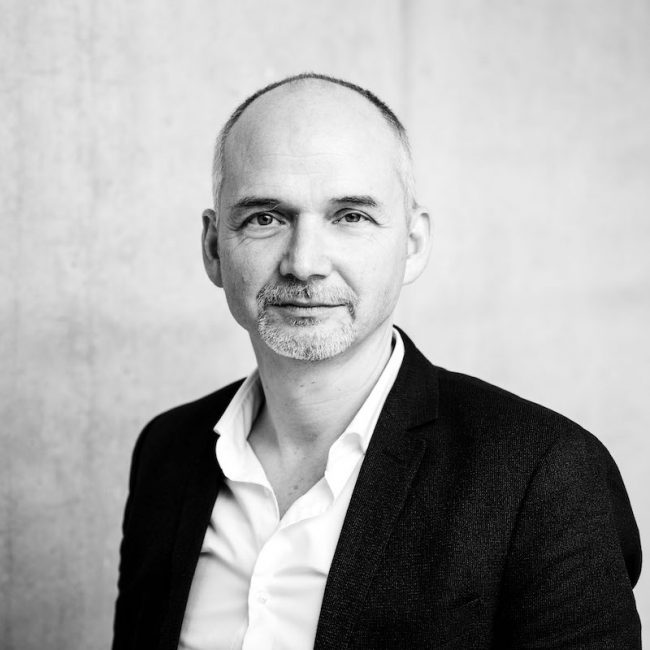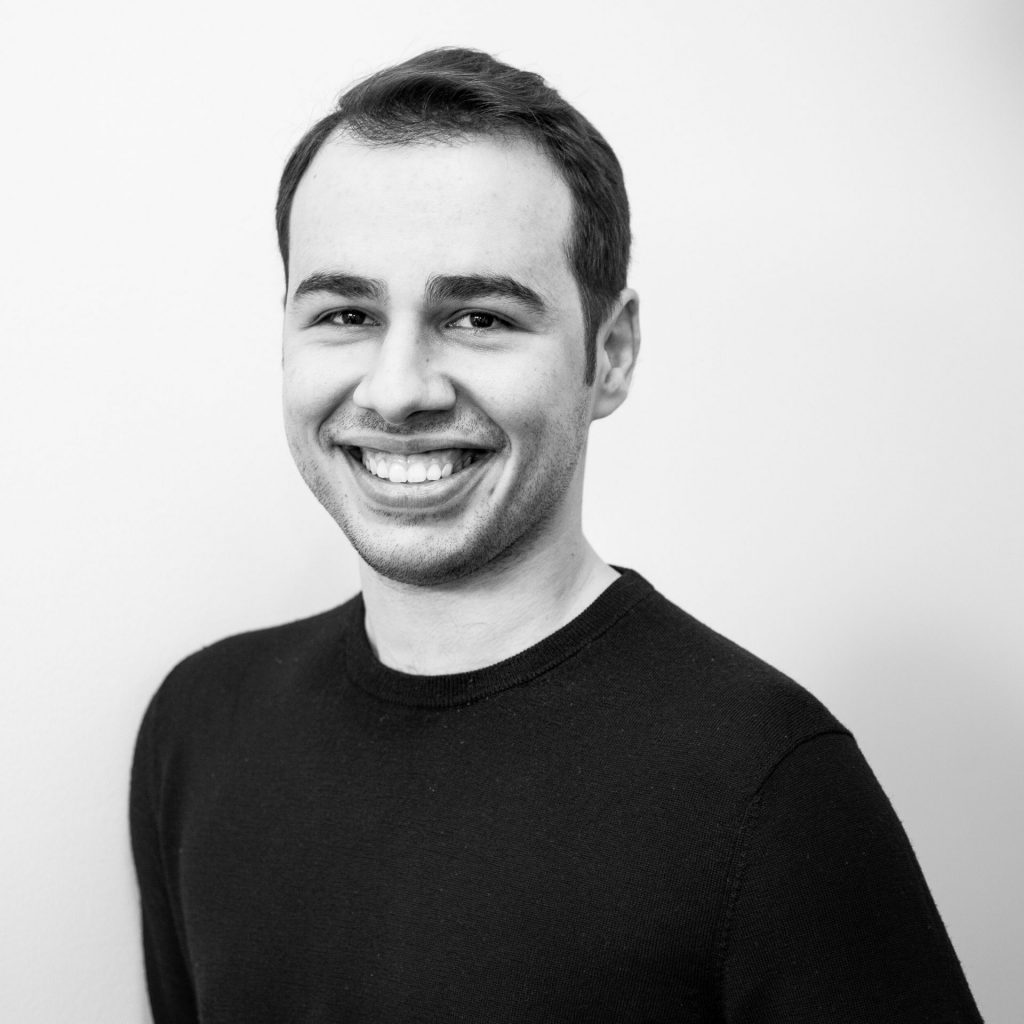The SCIoI Executive Board
The SCIoI Executive Board, elected by the cluster’s scientific staff, is responsible for all major decisions within the cluster and for developing the SCIoI research program. It also provides guidance to both the scientific staff and the coordination office on SCIoI’s objectives. The Board also decides on policies and funding applications, determines the admission of external PIs, advises on budgeting decisions, and oversees quality assurance within the cluster.
The Executive Board consists of the SCIoI spokesperson, four Principal Investigators, a Postdoctoral representative and a PhD representative.











